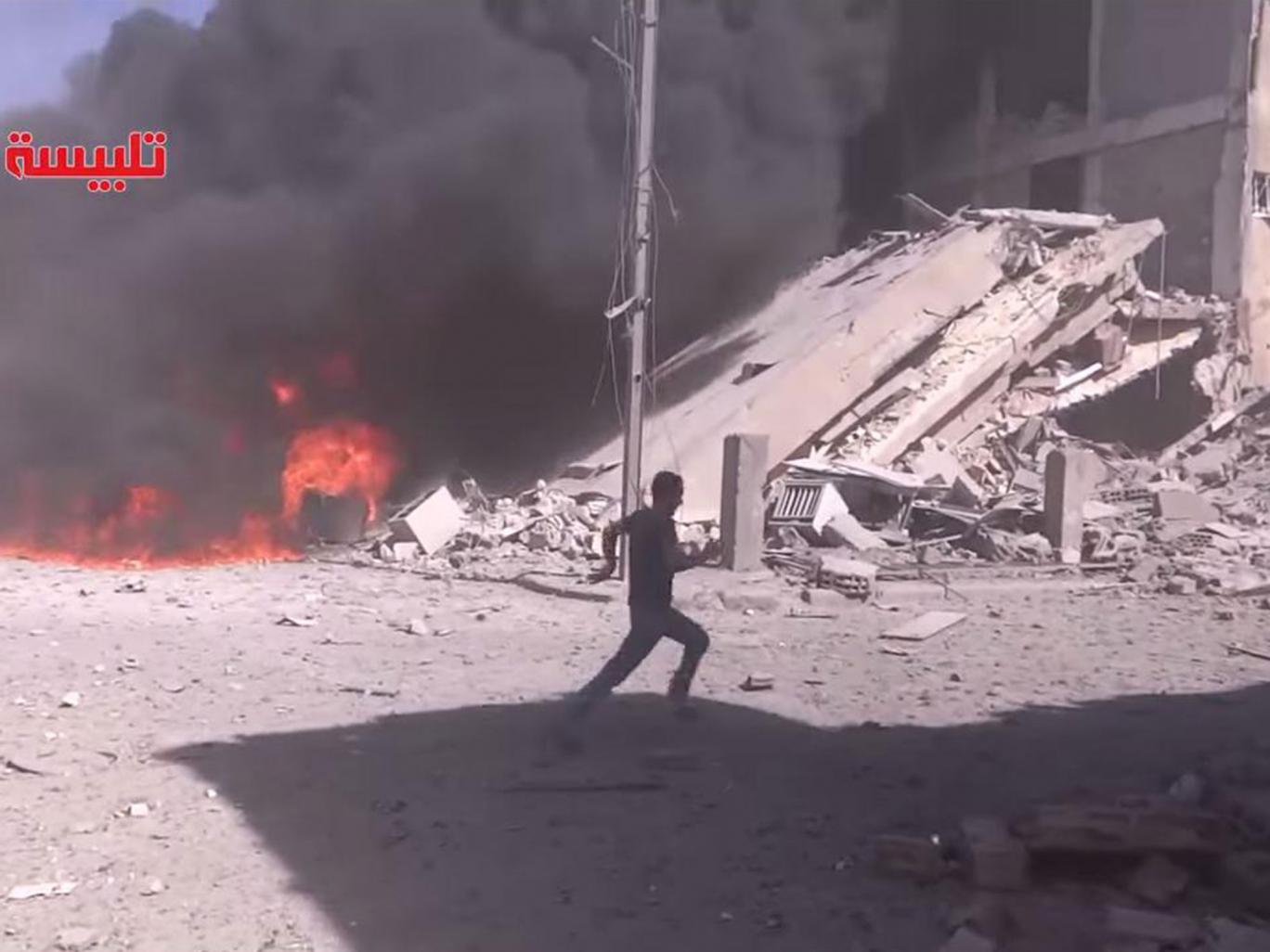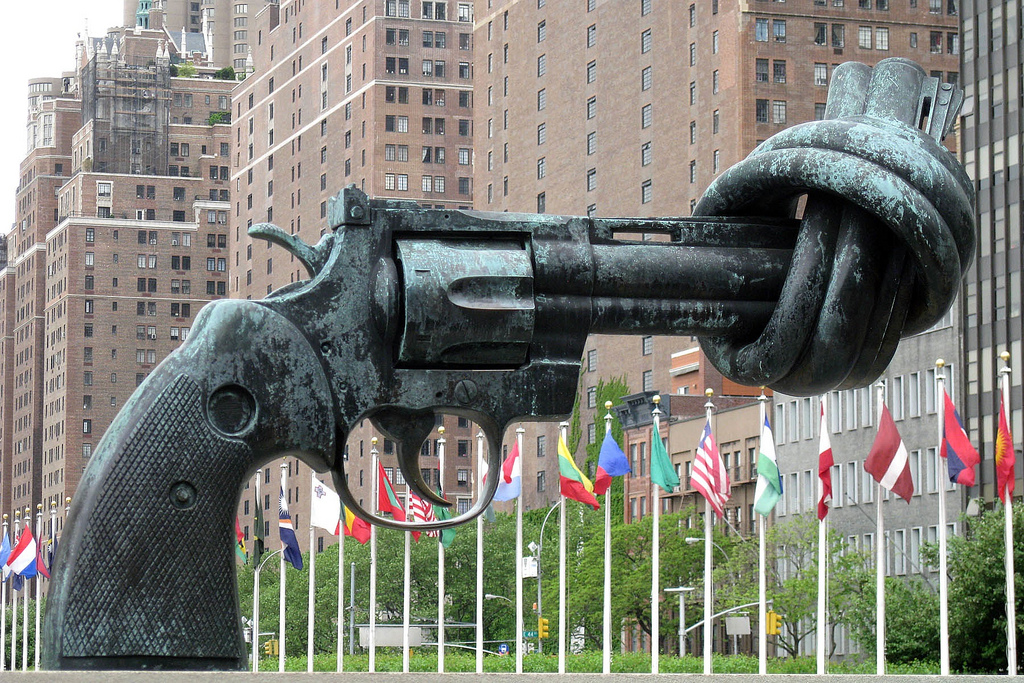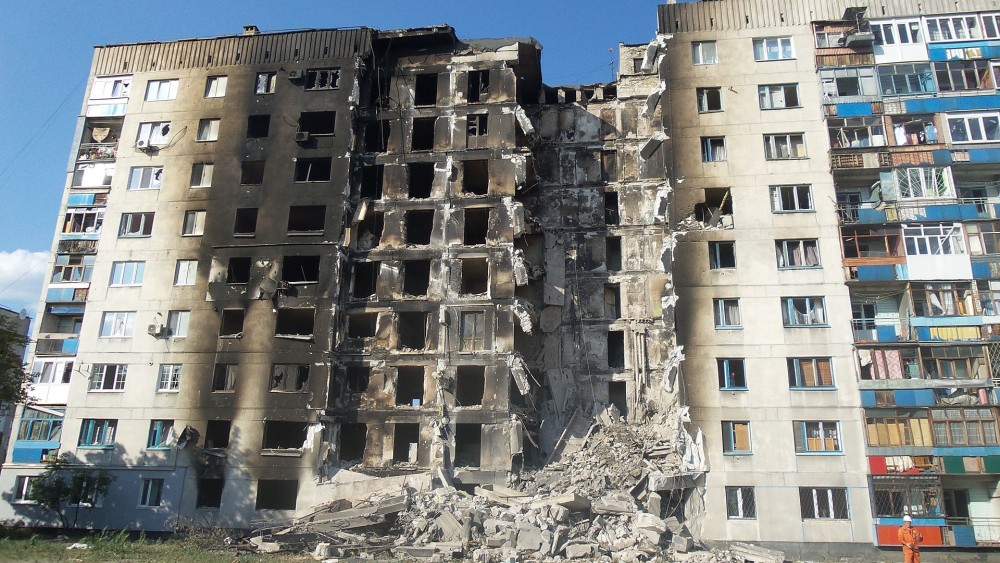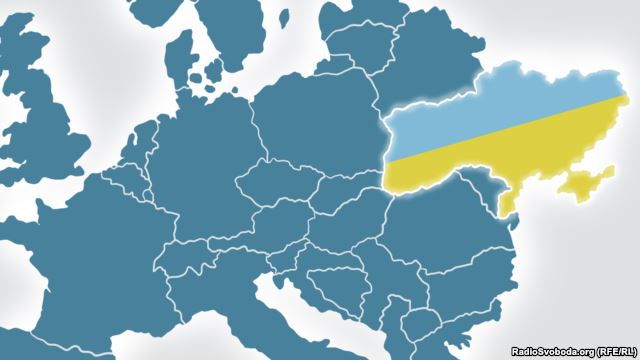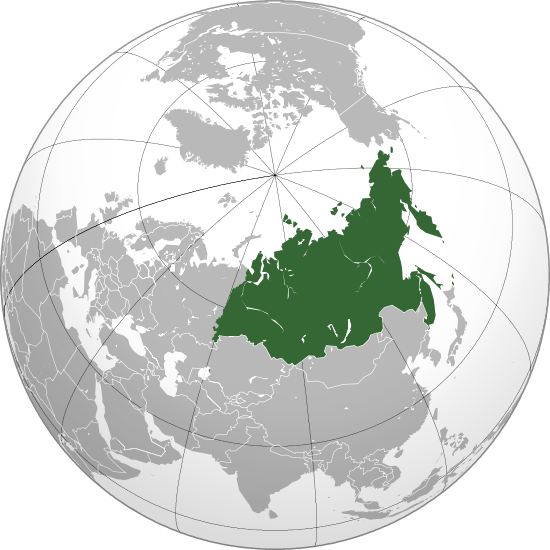Yesterday, Andrey Illarionov laid out the logic behind his suggestion that Vladimir Putin is preparing to attack Saudi Arabia
in order to destabilize and possibly dismember it.
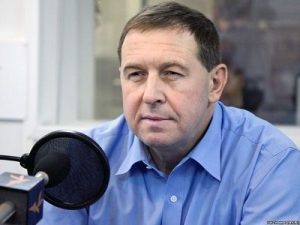
Not surprisingly, that suggestion precisely because it would involve an action few have thought possible immediately sparked a vociferous reaction in Moscow and elsewhere. And so today, the Moscow analyst provides additional arguments on behalf of his conclusion.
As he did yesterday and has done before, Illarionov lays out his argument point by point. In this case, he offers 10 additional detailed discussions that he says force the conclusion that Putin’s new war “will be directed not only and not so much against ISIS” as “against Saudi Arabia” with the goals being its “destabilization and–it can’t be excluded–its dismemberment.”
- “In the course of the historic session of the 'force politburo' of the Russian Federation November 16-17,” Russia's FSB secret police chief Aleksandr Bortnikov focused on the origins of the explosives that blew up the plane over Sinai rather than on who carried out the attack, thus at a minimum confusing the issue concerning who was responsible by “intensifying suspicions that arose earlier” about that.
- Bortnikov also stressed that the bomb itself was “self-acting” rather than the work of a suicide bomber, a conclusion of course supported by ISIS claims earlier the same day and one that again has the effect of spreading the blame for the bombing beyond Islamic State activists. The FSB chief insisted that Russian experts had established this independently.
- Popular business magazine “Kommersant” carried a story suggesting parallels between the 1999 bombings and the downing of the plane, a potentially dangerous one for the Kremlin if people conclude that it might have been behind both but useful to Putin because the Russian security experts the paper cited mentioned “nameless ‘people from the North Caucasus’” as being to blame once again. And these “experts” recalled “the names of those who ‘prepared those who carried out the terrorist acts’ –‘Khattab and his right-hand Abu al-Walid.’” And what “a surprise!” Illarionov says. “Both of the named individuals as is well known were from Saudi Arabia.”
- “The appearance in Russian anti-terrorist discourse of Saudi Arabia and the absence in Putin’s commentaries… of any reference to ISIS hardly can be considered accidental,” the analyst continues. The Kremlin leader talked about unnamed “criminals” rather than being more specific even in terms of suspicions, a marked contrast to analysts in the West who have pointed to ISIS as behind this attack.
- Despite not naming anyone, Putin nonetheless promised to take the harshest measures immediately to “find and punish the criminals.” “In other words,” Illarionov says, “Putin declared that there will be conducted extra-judicial reprisals over unknown persons without offering any evidence of their guilt or even their connection with the catastrophe of the Russian jet.” And he added that these reprisals will be carried out “with the help ‘of people who share our moral values.” Given what happened after 1999, one can only imagine what that means.
- Putin announced that Moscow would step up its air raids in Syria without presenting any “cause and effect link” between those in Syria and the airplane disaster. Russian commentators and many Western ones have accepted his logic without any questions about his failure to provide a link or to follow “the basic principles of the Western legal tradition – the presumption of innocence, the need to present evidence of their guilt to the accused, court hearings… [and] the right of the accused to a defense.”
- In this way and by attacking people before identifying them as guilty, “Putin in a completely Freudian way demonstrated not only the lack of evidence of their guilt … but the absence of any desire to find it.”
- “Despite such a demonstrative violation by the Russian authorities of the basic principles of Western (and now all-human) legal tradition, the expansion of the Kremlin’s use of force won the approval from the side of the current American president: ‘Barak Obama declared that he has always supported the struggle of Russia against… ISIS.’”
- All of this, Illarionov points out, follows what has become “the Putin model of unleashing large (open and not hybrid) wars (the second Chechen and the Russian-Georgian).” First, provocations, then terrorist acts, then the loss of innocent life, then finding one’s opponents guilty without evidence, loud promises to destroy them, the physical destruction of the opponents Putin has identified, and then “an essential change in the domestic or geopolitical situation.”
- “Nevertheless, the war of 2015 in comparison with the former large wars of 1999 and 2008 is different in certain key ways.” It is conducted far beyond Russia’s borders. Unlike the earlier conflicts, “the beginning of the third war is openly supported by the West and the Obama Administration is ready to greet it with ovations.” And the new war is directed at a country Moscow has long blamed for supporting terrorist actions against Russia, Saudi Arabia.
“In large measure,” Illarionov says, “this is not a new war but a continuation directed at the defeat” of an enemy Putin has long had in his mind. And that enemy is Saudi Arabia. If Putin does attack and succeeds in defeating or even dismembering that country, he will achieve “the radical reordering of the entire contemporary world as we have known it.”

